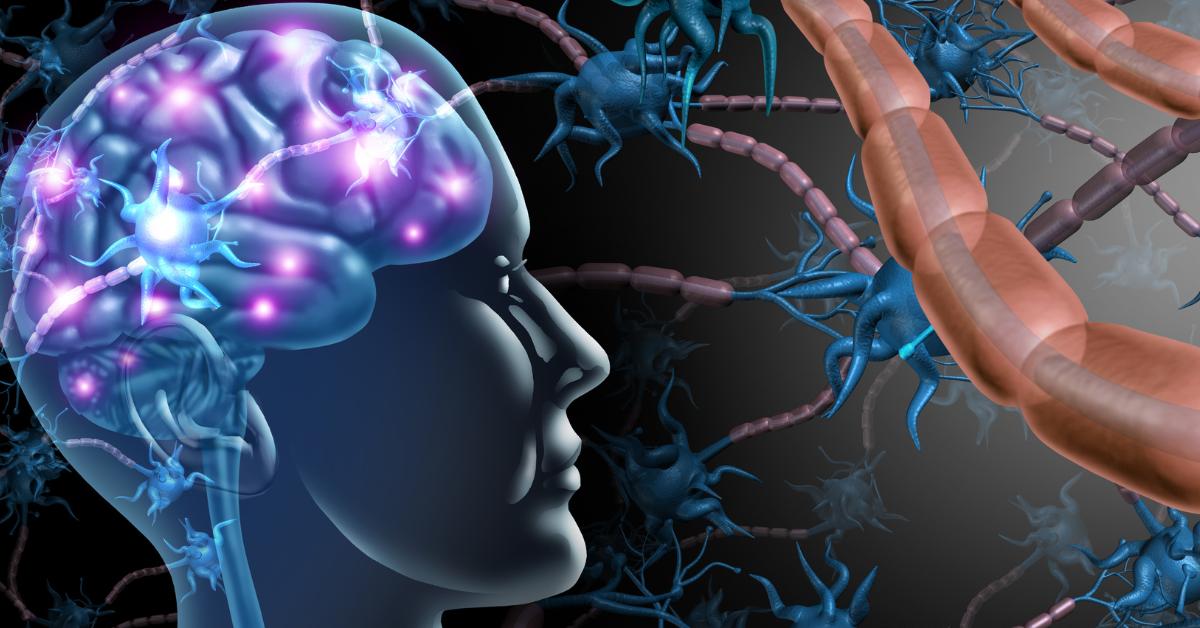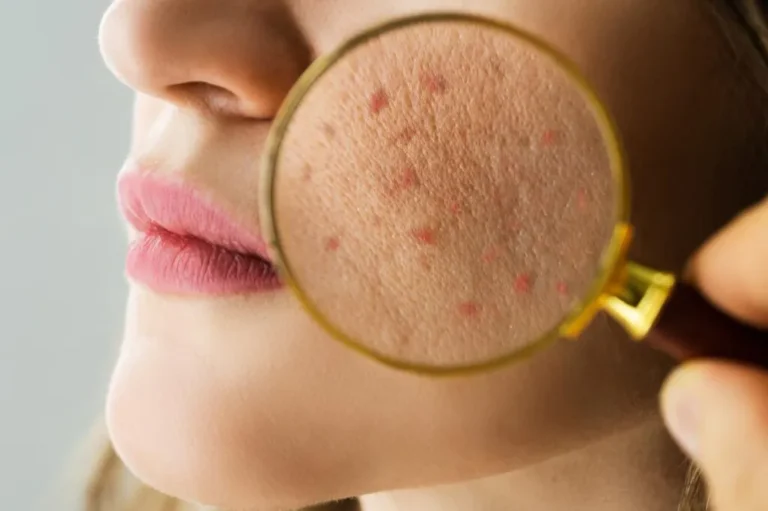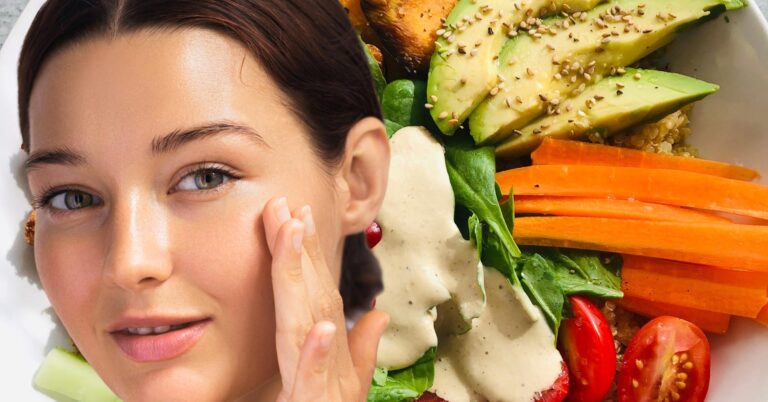Gut‑Brain Connection: How Your Gut Health Impacts Mood & Anxiety
We often tend to believe that emotions are solely confined to our minds, but it’s possible that our gut plays a more significant role in shaping our moods than we might realize. From experiencing brain fog to grappling with anxiety and depression, the gut-brain connection is emerging as a compelling evidence that mental well-being originates from the gut.
In fact, your gastrointestinal system houses a second brain called the enteric nervous system a sophisticated network of 100 million neurons lining your gut wall.
Dr. Emeran Mayer, author of The Mind-Gut Connection, explains that the gut and brain communicate in real-time through neural, hormonal, and immune pathways. Consequently, disturbances in gut health can directly impact our thoughts and emotions.
What Is the Gut-Brain Axis?
The gut-brain axis, a bidirectional communication channel between your central nervous system (brain and spinal cord) and your enteric nervous system (gut), constantly exchanges information. This continuous exchange influences various aspects of your body.
- Mood regulation
- Cognitive function
- Stress response
- Sleep quality
- Immune health
Your gut microbiome, comprising trillions of bacteria, fungi, and viruses residing in your digestive tract, is arguably one of the most crucial players in your health.
A balanced microbiome plays a crucial role in producing neurotransmitters such as serotonin, GABA, and dopamine, which are essential chemicals that regulate mood and anxiety, as explained by Dr. Uma Naidoo, a nutritional psychiatrist at Harvard Medical School.
How Gut Imbalances Trigger Anxiety & Depression
Disruptions in gut health, known as dysbiosis, can send distress signals to your brain, often before you experience digestive symptoms.
Signs your gut may be affecting your mood:
- Frequent bloating or gas
- Food sensitivities
- Brain fog
- Chronic fatigue
- Low mood or irritability
- Anxiety, especially after eating
- Trouble sleeping
Scientific studies reveal that individuals with anxiety and depression tend to have a less diverse gut microbiome, with a reduced number of beneficial bacteria and an increased presence of pro-inflammatory microbes.
A 2022 review published in Nature Reviews Neuroscience revealed that gut inflammation can disrupt mood-regulating pathways and hinder the production of calming neurotransmitters, such as serotonin.
Gut-Boosting Foods to Support Mental Health
Food is your most powerful tool for balancing both gut health and emotional well-being. Focus on:
Prebiotics (feed your good gut bugs)
- Garlic
- Onions
- Leeks
- Asparagus
- Bananas
- Oats
Probiotics (introduce beneficial bacteria)
- Yogurt with live cultures
- Kefir
- Sauerkraut
- Kimchi
- Miso
- Tempeh
Polyphenols (anti-inflammatory plant compounds)
- Green tea
- Berries
- Olive oil
- Dark chocolate
- Turmeric
Dr. Naidoo explains that what you eat today can significantly impact your mood tomorrow. A diet rich in fiber, fermented foods, and colorful plants acts as a therapeutic treatment for your gut-brain axis.
Habits That Harm the Gut-Brain Axis
Avoid these gut disruptors that can worsen anxiety and mood swings:
- Excess sugar and refined carbs
- Alcohol and artificial sweeteners
- Chronic stress
- Antibiotics (when overused)
- Lack of sleep
Heal from the Inside Out: 5 Daily Gut-Brain Rituals
- Start your day with warm lemon water
→ Stimulates digestion and bile flow. - Eat fermented foods with lunch
→ Aids in neurotransmitter production. - Get 10 minutes of sun for vitamin D
→ Supports both gut and brain function. - Try deep belly breathing before meals
→ Activates your parasympathetic “rest and digest” mode. - Wind down with a magnesium-rich snack (pumpkin seeds, dark chocolate)
→ Helps relax the nervous system and ease sleep.
Your Gut Feels Everything
If you’re grappling with unexplained anxiety, fatigue, or low mood, don’t solely rely on your mind; consider your gut as well. The scientific evidence is unequivocal: healing your gut is one of the most effective ways to promote emotional balance and foster long-term mental well-being.
“Your gut doesn’t just digest food it influences who you are,” Dr. Mayer.
Gut-Healing Grocery List
- Greek yogurt (plain, unsweetened)
- Organic kefir
- Rolled oats
- Garlic, leeks, asparagus
- Berries & leafy greens
- Fermented veggies
- Bone broth
- Dark chocolate (min. 70% cacao)
Check out the healthlynic ✔️approved range of products for Weight Loss, Improve metabolism and much more!







